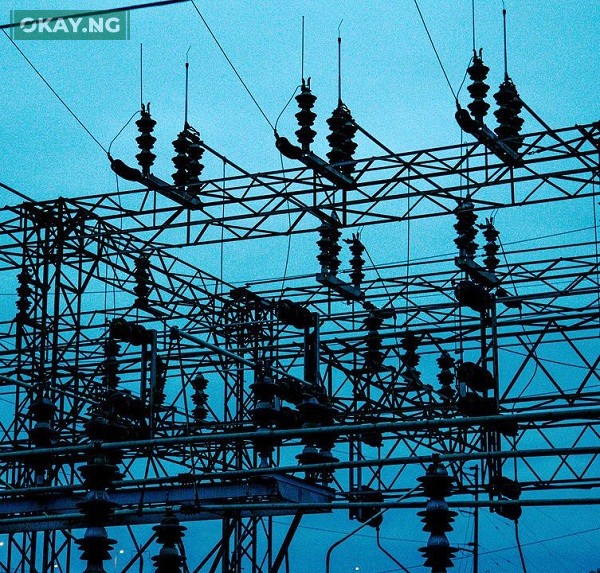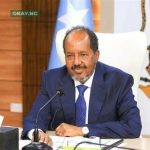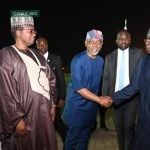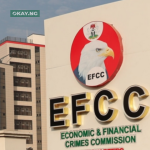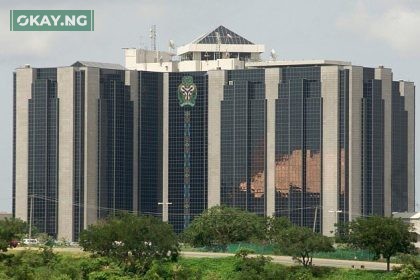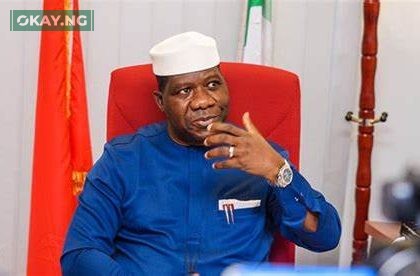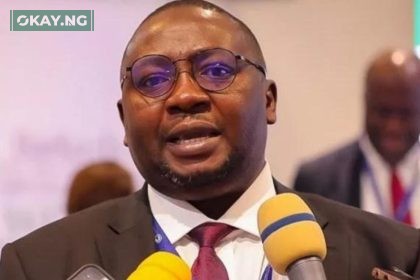The Niger Delta Power Holding Company (NDPHC) has issued a critical plea for presidential intervention, highlighting a staggering N4 trillion debt owed to Generation Companies (GenCos) and the urgent need for funding to complete vital power projects across Nigeria. This call to action was made by Managing Director Jennifer Adighije during an inspection of the Egbema National Integrated Power Plant (NIPP) in Imo State, alongside the House Committee on Power.
The crux of the issue, as Adighije articulated, is the severe liquidity crisis crippling the power sector. “The power sector is grappling with a liquidity crisis, and without prompt intervention, the progress of critical projects like the Egbema NIPP could be stalled,” she stated. This financial strain directly impedes the operational efficiency of GenCos, hindering their ability to deliver consistent and reliable electricity.
The Egbema Power Plant, a 375MW project awarded to China Machinery Engineering Company (CMEC) under the National Integrated Power Project (NIPP) initiative, is a prime example of the projects at risk. Originally scheduled for completion in 2025, the project has faced delays, though NDPHC reports that 60% of the work is now complete. “NDPHC is closely monitoring the project to ensure adherence to timelines,” Adighije assured, emphasizing its crucial role in bolstering Nigeria’s power generation capacity.
The House Committee on Power, led by Chairman Rep. Victor Nwokolo, commended NDPHC’s efforts in revitalizing the Egbema project. Nwokolo also praised the recent enactment of the Electricity Act 2023, signed into law by President Bola Tinubu, which introduces market-reflective tariffs. “The new tariff regime is attracting more investors into the sector and Nigeria’s power challenges will be significantly reduced,” Nwokolo stated, expressing optimism about the Act’s potential to improve the sector’s financial viability.
Read Also: Power Grid Woes: Nigerians Pay Record Bills Amidst Repeated Blackouts
However, the pressing need for immediate funding remains paramount. The committee pledged continued legislative backing to address funding gaps and other sectoral challenges, stressing the importance of adequate budgetary allocations and alternative financing mechanisms. While the committee and NDPHC have identified the need for funding, the specific mechanisms by which this funding will be acquired are still undefined.
As someone who has followed the Nigerian power sector closely, I understand the frustration and urgency surrounding these issues. The impact of inconsistent electricity supply is felt by every household and business in the country. The completion of projects like the Egbema NIPP is not just about infrastructure; it’s about improving the quality of life for millions of Nigerians.
The call for presidential intervention underscores the critical need for decisive action to resolve the financial woes plaguing the power sector. The successful completion of these projects and the resolution of the GenCo debt are essential steps towards achieving a stable and reliable electricity supply for Nigeria.


